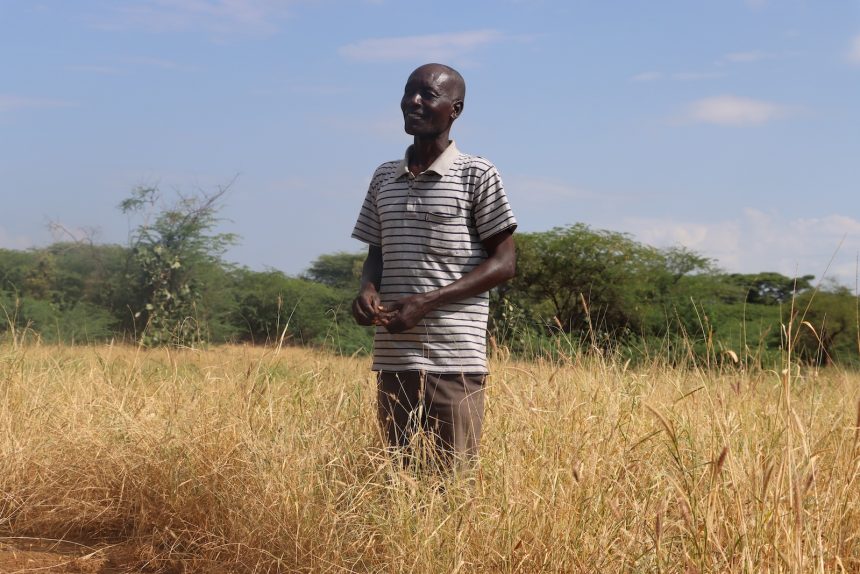Simon Kitol’s 25-acre farm in western Kenya is abundant with maize, tomatoes, and beans, but faces a challenge with the invasive Prosopis juliflora, known as the mathenge plant. This shrub’s long roots compete for water with Kitol’s crops and take up valuable space. Additionally, the mathenge pods are harmful to livestock, leading to tooth damage and death. To combat this issue, experts from Penn State’s PlantVillage project trained Kitol on converting mathenge into biochar, a carbon-rich material that improves soil fertility and water retention.
Biochar has gained popularity globally, with a market worth $600 million last year and projected to reach over $3 billion. Farmers can generate income by converting waste biomass into biochar, which also helps mitigate climate change impacts. The process, called pyrolysis, involves exposing biomass to high temperatures in a low oxygen environment to create solid carbon. Biochar improves soil water retention, but must be charged with nutrients before application to avoid nutrient depletion.
While carbon offset systems have faced challenges, biochar offers a more quantifiable and permanent solution. Biochar Life, a company providing carbon removal offsets for biochar, ensures that farmers generate biochar and sequester carbon in the ground. Unlike tree planting, biochar’s carbon sequestration is immediate and long-lasting, making it a promising solution for smallholder farmers adapting to climate change while improving soil health.
By utilizing biochar, farmers like Kitol can address invasive species, boost yields, and prepare for changing climatic conditions. As Kitol envisions, biochar holds great promise for widespread adoption due to its numerous benefits.






